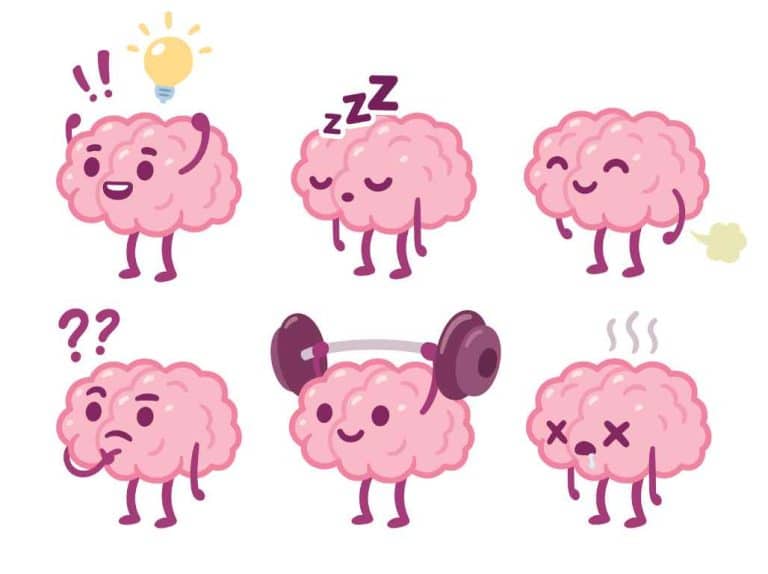Psychiatrists Say The Skills Of Talk Therapy Can Change Your Brain
We know that therapy helps because in our family we’ve used it many times over the years as we face different challenges. Talk therapy can change your brain by introducing a new way to think about your problems and interactions with others. When you change your thinking, you talk to yourself in a different way. The good news is that you can change your brain using the talk therapy techniques.
We’ve talked a lot about self talk here. Self talk is your go-to messaging system and affects everything you say and do. Your messaging comes from your brain, of course; but your brain doesn’t know the difference between healthy thoughts and reactions and toxic or unhealthy ones. Your brain activity may light up when you are triggered and feeling hurt, but it’s not healthy, productive activity. You can make your brain activity work for you by providing it with new messages.
Changing Your Messaging Can Change Your Brain
“One effect of talk therapy is that the VMPFC (ventromedial prefrontal cortex) and other brain areas involved with reasoning and problem solving become increasingly active, keeping emotions in check and giving us room to reflect on situations, as opposed to reacting to them. Therapists help patients develop flexibility in thinking by offering space. As therapists, we do not validate patients’ worst views of themselves, nor do we propose to have life advice that is meant to solve all their problems.
Christopher W.T. Miller, M.D., is a psychiatrist and psychoanalyst practicing at the University of Maryland Medical Center
Dr. Miller says, “The world pushes and demands action. We invite reflection.” What we’ve learned over the years in our wellness journey is that the skills developed from psychotherapy make us more aware of our messaging to ourselves and others. Instead of having hair trigger reactions to the things that other people say and do, we can develop a more measured approach. We slow down and think about what’s really happening. Our brain becomes activated not by flight or fight reactions, but rather problem solving to ease every situation.
3 Tips To Use Talk Therapy Skills To Change Your Brain
Tips From Dr. Miller include:
- Choose reflection over reflex: We get caught up in tough thinking patterns because we do not take a step back to consider other points of view. When we find ourselves stepping into a thought loop, it helps to catch ourselves and try to consider other ways of looking at the situation.
- Bring softness, not hostility: We often assume the worst about other people when they say something we don’t agree with. Even if people are behaving or speaking in a way we disapprove of, it is useful to remember that they have a story behind their perspectives. The stronger the negative feelings we have about people, the more it might help to get to know them better. This helps us develop empathy and connectedness.
- Be curious, not judgmental: The mind is complex and can go anywhere, if given the chance. Although it is tempting to think our understanding of life is all there is to know, being open and inquisitive to things that are confusing and unsettling helps us stay flexible. If our mind goes to unpleasant and defeating places, instead of beating ourselves up over it, we should welcome the thought and reflect on what we can learn about ourselves by holding onto it, instead of throwing it away. Washington Post
Mores Articles To Read About Self Talk
Tips To Nurture Positive Self Talk
Let’s Stop The Self Sabotage This Year
Mental Health Reminders To Stay Positive!
This Is How To Stop An Argument Cold





















